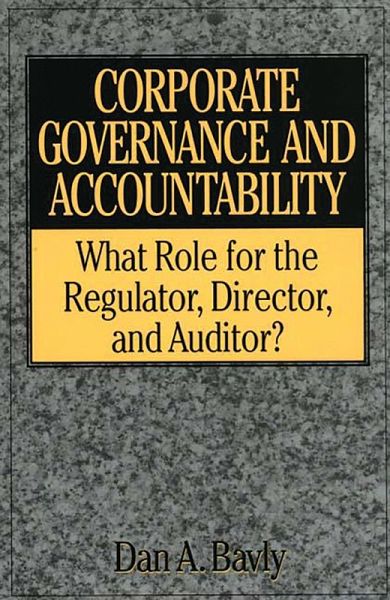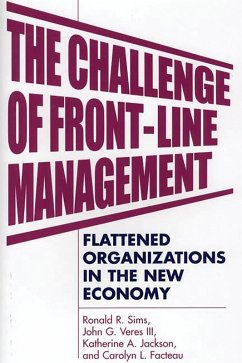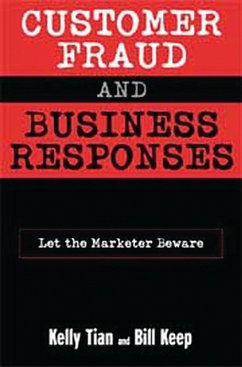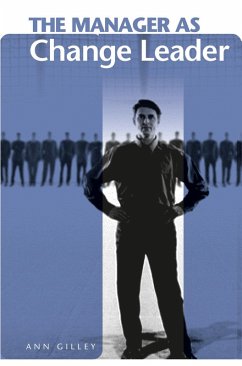
Edmund M. Burke (eBook, PDF)
What Role for the Regulator, Director, and Auditor?
Versandkostenfrei!
Sofort per Download lieferbar
58,95 €
inkl. MwSt.
Weitere Ausgaben:

PAYBACK Punkte
29 °P sammeln!
Dan Bavly takes a fresh look at how business is supervised and how that system can be improved. He begins by assessing the performance of the government regulator and suggests reasons for the failure to prevent many of the debacles of the recent past. New fiascoes often engender a spate of legislation, but the regulator remains the one who gets away-he is simply not accountable and does not shoulder the blame. Clearly, a new definition of regulator responsibility is required. Drawing on his years of company board and auditing experience, Bavly analyzes why the average director cannot do his jo...
Dan Bavly takes a fresh look at how business is supervised and how that system can be improved. He begins by assessing the performance of the government regulator and suggests reasons for the failure to prevent many of the debacles of the recent past. New fiascoes often engender a spate of legislation, but the regulator remains the one who gets away-he is simply not accountable and does not shoulder the blame. Clearly, a new definition of regulator responsibility is required. Drawing on his years of company board and auditing experience, Bavly analyzes why the average director cannot do his job, and he shows how a complete, but feasible, overhaul of the way company boards function can help solve this problem. Bavly then goes on to explore, as an insider, the profession of accounting and to show why the CPA should be considered an endangered species. Along the way, Bavly examines many of the difficult issues of contemporary ac counting: Where is the trend of mammoth accounting organizations leading? Is the addiction to mergers suicidal? How is the accounting profession coping with technology? What is the relationship between the outside CPA and the corporate internal audit division? For each specific flaw in the system, Bavly provides a practical remedy. The general message is the need for constant reassessment and, perhaps, a plea to cut all the agencies of corporate governance back to human proportions.













